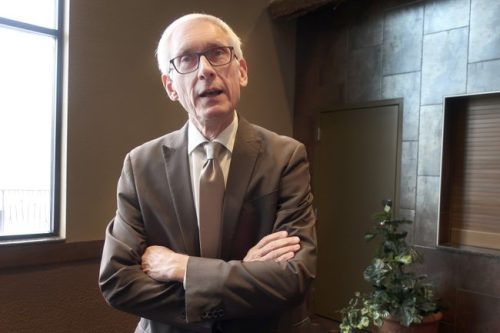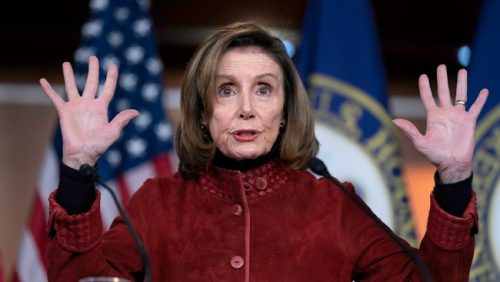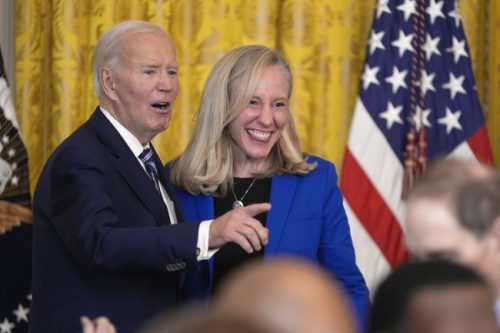Florida’s post-Parkland gun rules, including a ban on adults under 21 buying long guns, are under threat and have sparked a debate over age, brain science, and constitutional rights.
After the Parkland massacre, Florida moved in an unexpected direction for the state and passed a package that included a red flag law and a ban on legal adults under 21 buying long guns. That ban sits alongside the federal prohibition on handgun sales to those under 21, creating a distinct legal line based on age. Now the law faces possible repeal and fierce criticism from some editorial voices.
One local editorial board has pushed a brain-development argument to justify keeping the restriction, citing court opinions and high-profile shootings. That piece leans on research about the prefrontal cortex and points to incidents where very young adults committed mass murder. The point was made forcefully in a recent opinion quoted below.
A federal appeals court in March voted 8 to 4 to uphold the age restriction, citing scientific research that the human brain is not fully developed in 18-to-21-year-olds.
“The prefrontal cortex, the part of the brain responsible for exercising judgment and moderating
behavior in social situations, is one of the last regions of the brain to mature — and it doesn’t hit that point until around the age of 25,” Judge Robin Rosenbaum wrote in a concurring opinion.
Florida Attorney General James Uthmeier has said he won’t defend the law if it reaches the Supreme Court — a recklessly irresponsible position.
Age matters. The accused killer of 21 students and staff at a Texas elementary school in 2022 was 18. The accused mass shooter at Florida State University, where two died and six were wounded in April, was 20.
But the brain development argument does not impress pro-gun advocates, who are still trying to overturn a key part of the Parkland gun law nearly eight years later.
“This body, unfortunately, made a poor decision in 2018 and passed the Parkland bill and took away the rights of adults,” Eric Friday, a Jacksonville lawyer representing the Second Amendment group Florida Carry, told lawmakers. “Tobacco is not a right. Alcohol is not a right. The right to bear arms is a right.”
There is a kernel of truth in the brain science cited by supporters of the ban. Neurological studies do show the prefrontal cortex finishes maturing well into a person’s twenties, and that can correlate with impulse control and decision making. That doesn’t automatically settle the legal or policy question, though.
Under the law adults at 18 can vote, serve in the military, sign contracts, marry, and carry many legal responsibilities. If society trusts 18- to 20-year-olds with ballots, enlistments, and contracts, it is inconsistent to treat them as too immature to exercise a constitutional right. The line at 21 suddenly looks arbitrary when weighed against other adult privileges and duties.
If the concern is brain maturity until about 25, why stop at 21 and not push the limit higher? Picking an age as a blunt instrument does not resolve the underlying problem and instead creates an uneven patchwork of rights. That inconsistency undermines both fairness and constitutional logic.
There is also a practical reality lawmakers ignore: millions of adults under 21 legally own long guns in states without such bans and do not become mass killers. Hunting, sport shooting, and lawful self-defense are daily uses for firearms among young adults that create no public safety issues. Punishing an entire age group for the acts of a few is neither just nor effective policy.
The true failure in the mass-shooter tragedies is not the age of legal access but repeated missed warnings and enforcement gaps. Those who carried out mass murders often displayed dangerous behavior long before they committed their crimes. Targeting age instead of focusing on mental health screening, better enforcement of existing laws, and fixing red flag processes will not stop violent people from doing violence.
At the heart of this fight is a clash between precautionary policy and constitutional rights. Restricting a whole cohort of legal adults over a disputed science risks eroding the Second Amendment for many who pose no threat. The debate should be honest about tradeoffs, consistent in principle, and pointed at the people who actually cause harm rather than using age as a cheap proxy.






